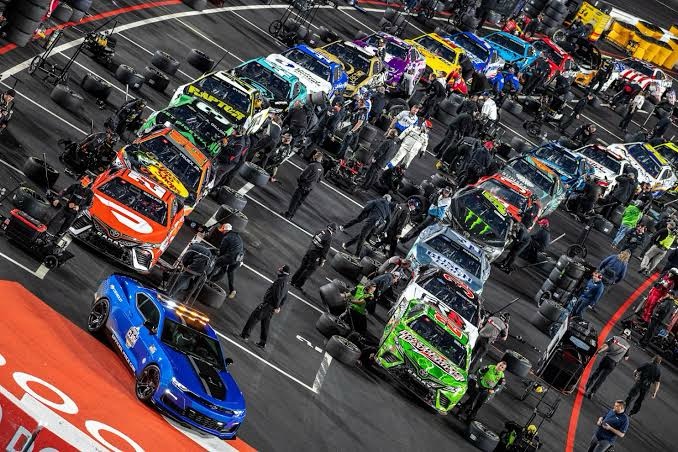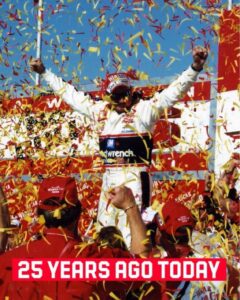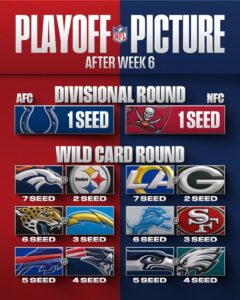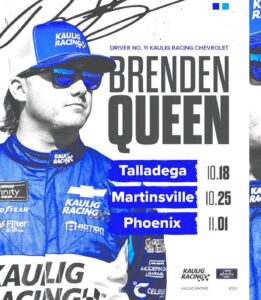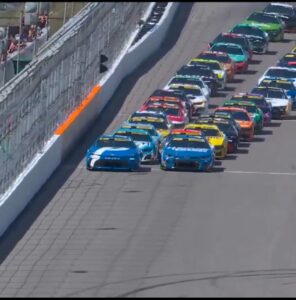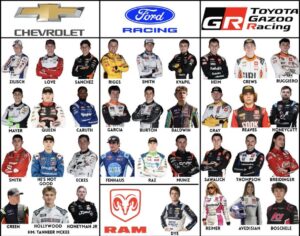The NASCAR charter system, introduced in 2016, was supposed to bring stability and value to team ownership. Instead, it has turned into a frustrating barrier that makes the sport less competitive, more expensive, and increasingly difficult for new teams to enter. While there are plenty of arguments against the system, one of the most glaring issues is how it restricts opportunities for talented drivers and teams that don’t have a guaranteed spot on the grid.
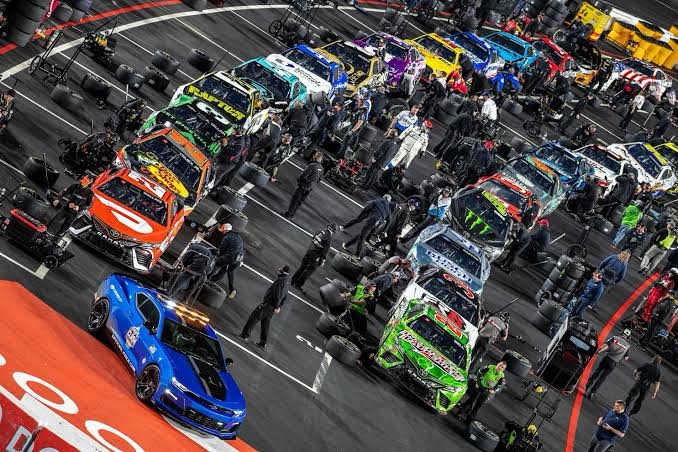
A System That Punishes Newcomers
One of the biggest problems with the charter system is that it locks in a fixed number of teams, making it nearly impossible for new owners to break into the sport without massive financial backing. Charters operate like franchises in other sports, but instead of promoting growth, they’ve led to inflated prices that benefit only a select few.
For example, if a team wants to enter full-time, they have two choices: either buy an existing charter (which now costs tens of millions of dollars) or compete as an open team with no guarantee of making every race. This creates an unfair disadvantage, as chartered teams are given priority over open teams when it comes to race entries and financial incentives.
Unfair Advantage for Struggling Teams
Another major flaw is that the system rewards underperforming teams while punishing competitive ones trying to break in. A charter guarantees a team a starting spot in every race, even if they consistently run at the back of the pack. Meanwhile, a non-chartered team, no matter how strong, has to fight for the few remaining open slots each week.
Take a scenario where an open team is running well, but a chartered team is underperforming. In a fair system, performance should determine whether a team qualifies, but with charters, a struggling team can continue showing up race after race simply because they own a slot.
Limiting Driver Opportunities
The charter system also affects driver development. Young, talented drivers often find themselves blocked from opportunities because competitive rides are locked behind expensive charters. Teams looking to bring in fresh talent need significant financial backing, and without a guaranteed charter, it’s a high-risk gamble.
This creates a situation where many talented drivers either get stuck in lower series for too long or are forced to take underfunded rides just to get a shot. Meanwhile, drivers with sponsorship dollars but mediocre performance can keep a ride as long as the team holds a charter.
A System That Only Benefits the Top
At its core, the charter system was meant to create financial security for team owners, but in reality, it has only made the sport more exclusive. Prices for charters have skyrocketed, and rather than increasing competition, they’ve created a club of haves and have-nots. NASCAR has always thrived on its underdog stories—teams and drivers rising through the ranks based on talent and determination. The charter system stifles that and makes the path to success dependent on money rather than merit.
If NASCAR truly wants to grow the sport and attract new talent, it’s time to rethink the charter system before it does more harm than good.
